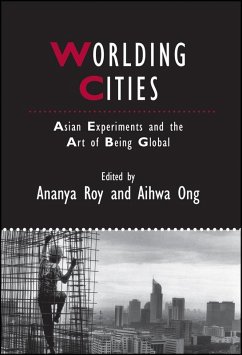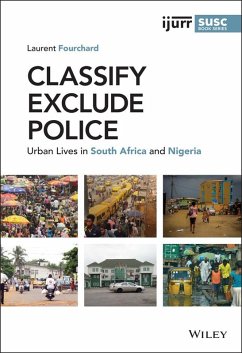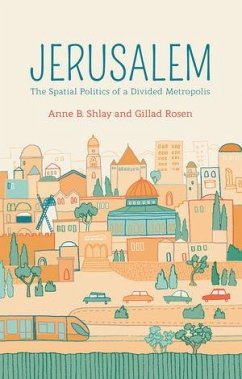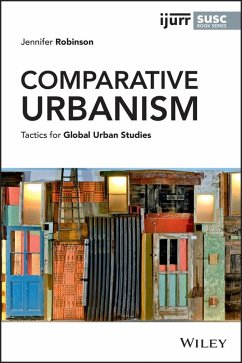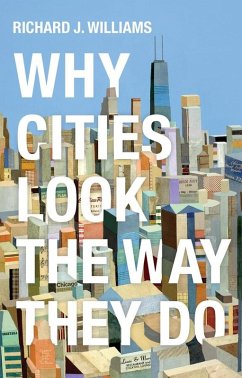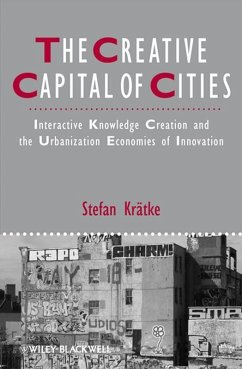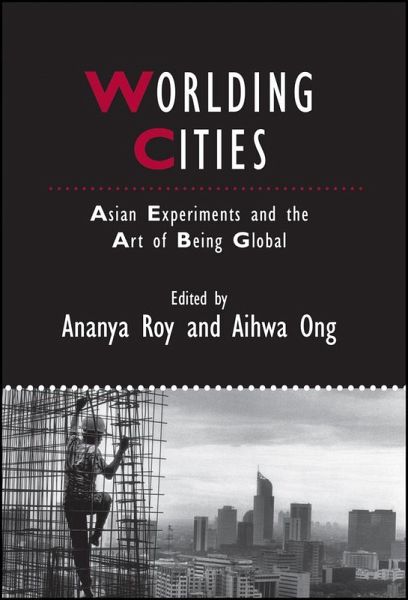
Worlding Cities (eBook, ePUB)
Asian Experiments and the Art of Being Global
Redaktion: Roy, Ananya; Ong, Aihwa

PAYBACK Punkte
0 °P sammeln!
Worlding Cities is the first serious examination of Asian urbanism to highlight the connections between different Asian models and practices of urbanization. It includes important contributions from a respected group of scholars across a range of generations, disciplines, and sites of study. Describes the new theoretical framework of 'worlding' Substantially expands and updates the themes of capital and culture Includes a unique collection of authors across generations, disciplines, and sites of study Demonstrates how references to Asian power, success, and hegemony make possible urban develo...
Worlding Cities is the first serious examination of Asian urbanism to highlight the connections between different Asian models and practices of urbanization. It includes important contributions from a respected group of scholars across a range of generations, disciplines, and sites of study.
- Describes the new theoretical framework of 'worlding'
- Substantially expands and updates the themes of capital and culture
- Includes a unique collection of authors across generations, disciplines, and sites of study
- Demonstrates how references to Asian power, success, and hegemony make possible urban development and limit urban politics
Dieser Download kann aus rechtlichen Gründen nur mit Rechnungsadresse in D ausgeliefert werden.




